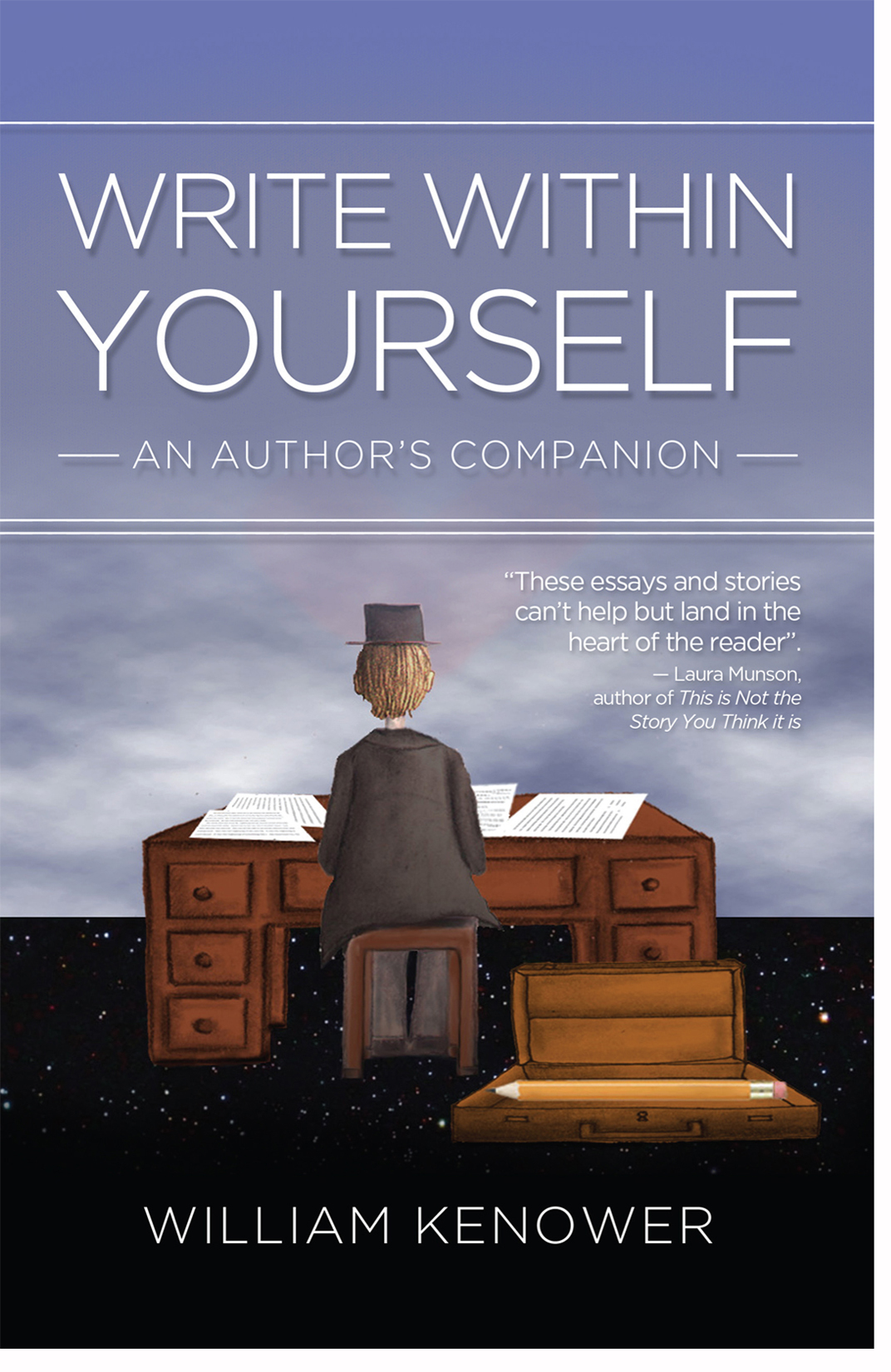Preferences
Buddhists believe that happiness is the absence of want. This has always made sense to me. If you have everything you want, what is there to be unhappy about? But this is not really what they mean, of course. The absence of want refers to the perception that there is nothing you require, that you want, in order to be happy. That is the absence of want. Except I have lived my entire life with a continuous creative impulse that I have always called want or desire. An idea forms in my mind of something I would like to experience, a book I would like to write, a meal I would like to eat, a relationship I would like to have. Immediately, I experience a kind of delicious discomfort – a desire in want of fulfillment. Such impulses have been the source of my most satisfying creative experiences. How is this not want? And how is it not a good thing?
It is only recently that I have come to understand that what I called want was actually preference. Imagine you walk into a bookstore and begin reading one novel after another: suspense, women’s fiction, science fiction, memoir. And then you pick up a cozy mystery. Those other novels were nice, but this is just delicious. This is just so cozy and mysterious. You want more. Fortunately, you are in a bookstore, and you can have more. All you have to do is pick out another one, and then another one, and then another one.
And then perhaps one day you feel a new itch. As you drive to the bookstore to buy another cozy mystery, you begin imagining one of your own. The feeling of creating your own cozy mystery is similar to the feeling of reading a cozy mystery, only more intense, because to summon the new story you must steep your attention all the more in the coziness and mysteriousness. You realize you would prefer to read these stories and write these stories.
Now comes the moment where an author must choose to see this evolving impulse as preference or want. It is easy to call choosing one book over another preference, for most of the creative work was done for us ahead of time. It is another thing to call the writing of that book preference because the author’s book is still unwritten. It appears not to exist. And so perhaps she believes she must want it, want what she does not have, even while the very seed of what she claims she does not have is planted in her heart.
Write Within Yourself: An Author's Companion.
"A book to keep nearby whenever your writer's spirit needs feeding." Deb Caletti.
You can find Bill at: williamkenower.com


